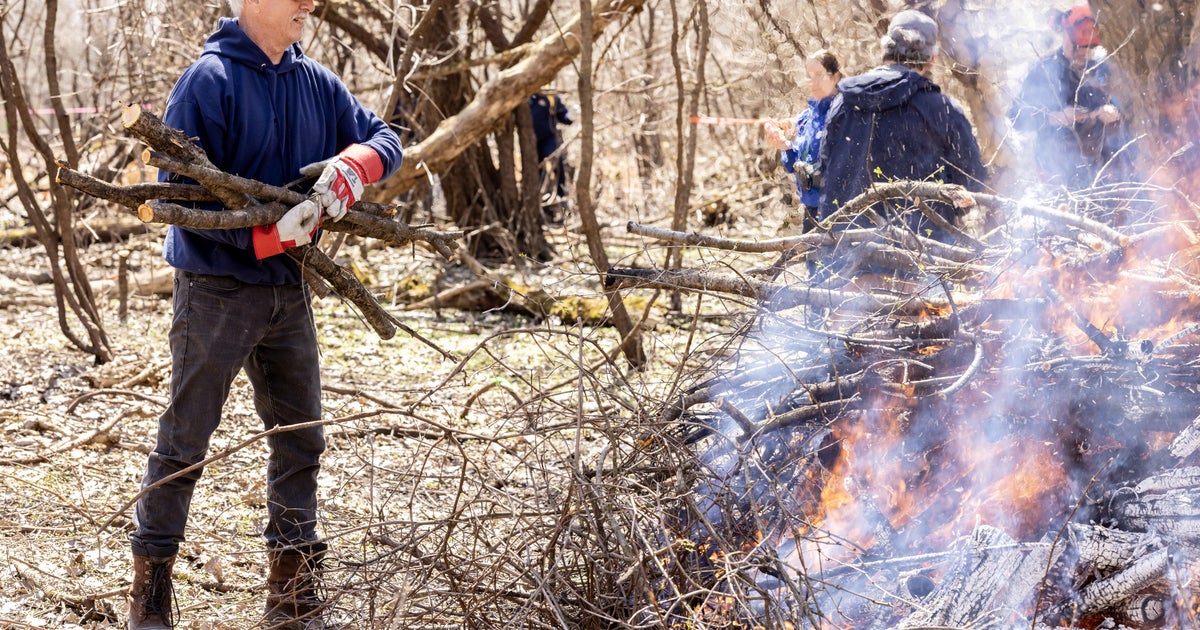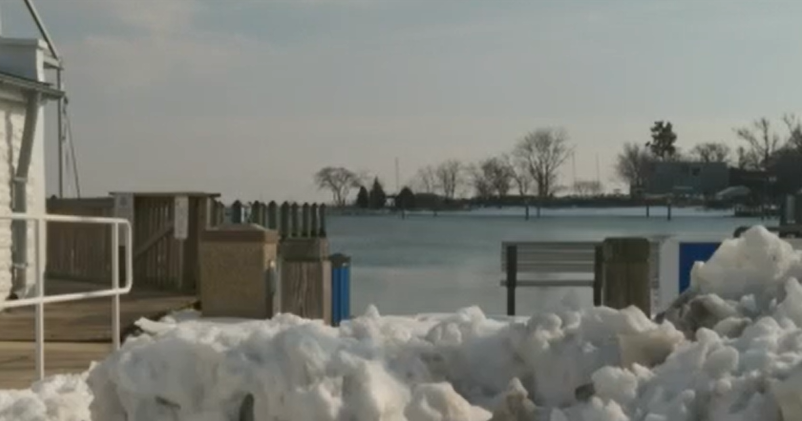A Green Siding Choice: Vinyl Siding
Vinyl siding has received a bad rap from some environmentalists for three reasons – lack of understanding of the product, consumer carelessness and the product's success.
Vinyl is not a foreign substance. Most people believe it is a byproduct of oil refinement, but it is made from natural ingredients. All vinyl production starts with two simple and abundant building blocks –chlorine from common salt and ethylene from natural gas.
According to Building for Environmental and Economic Sustainability (BEES) software, vinyl siding out performs brick, stucco and wood on how it affects the environment based on a combination of environmental criteria, which includes:
- Acidification
- Air pollutants
- Ecological toxicity
- Eutrophication
- Fossil fuel depletion
- Global warming
- Habitat alteration
- Human health
- Indoor air
- Ozone depletion
- Smog
- Water intake
Vinyl siding requires less water and energy to produce than fiber cement. Unlike wood siding, it does not require any trees to be cut down. It requires less than half the fuel to transport from the place of manufacture to the place of installation than all other exterior claddings available because of its light weight. Vinyl siding production is also responsible for the emission of significantly lower levels of toxic chemicals, including mercury and silver, than other cladding options. Vinyl siding is completely lead free.
All vinyl products are 100 percent recyclable. Because vinyl products are meticulously engineered for incredible durability, it has become an integral part of our lives. Its success has not come without criticism, as vinyl does not break down once placed in landfills. If vinyl products were properly handled and recycled, we could enjoy all of the benefits it provides.
__________________________
This article originally appeared on Angie's List.







